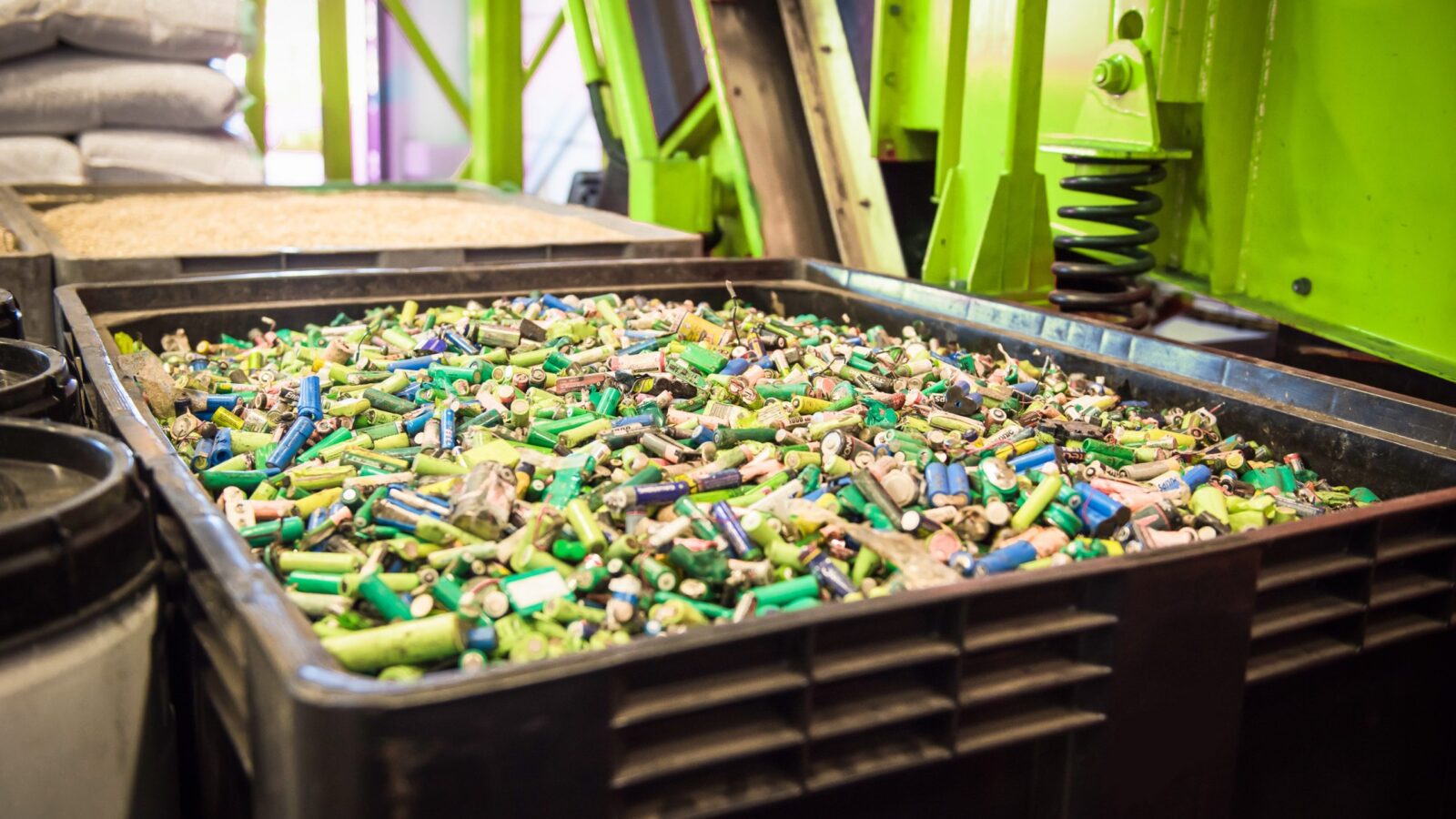Current Status of Batteries Regulation Implementation
The Batteries Regulation (EU 2023/1542) has been in effect since 18 February 2024. It replaces the old Batteries Directive from 2006 and introduces new requirements for you as a producer or importer of batteries. These requirements also apply if the battery is part of an electrical device. In the Netherlands, the implementation of the Batteries Regulation has been delayed. However, if you are a producer or importer of batteries, you are still required to take action. This text explains the regulation and the steps you need to take.
The regulation applies to five categories of batteries:
- Portable batteries (such as AA and AAA)
- Start, lighting, and ignition batteries
- Batteries for electric vehicles (EVs)
- Batteries for light means of transport (such as e-bikes and e-scooters)
- Industrial batteries
For the first four categories, collective collection systems are already in place in the Netherlands:
- Stichting OPEN (for category 1)
- Auto Recycling Nederland (ARN) (for categories 2 and 3)
- Scooter Recycling Nederland (SRN) and Stichting EPAC (for category 4)
For industrial batteries, no such collective solution exists yet. The sector is currently working on a collective system for home batteries within this category.
Battery register and approval procedure
The regulation sets requirements for the entire lifecycle of batteries: from design and production to use, collection, and recycling. Here, we focus on two elements of the regulation that require immediate action: the battery register and the approval procedure.
As a producer or importer, you are required to register individually in the new battery register. This register will be managed by Rijkswaterstaat on behalf of the Dutch Ministry of Infrastructure and Water Management.
Are you affiliated with a collective collection organization (such as Stichting OPEN, EPAC, or ARN)? Then this organization will submit your data collectively, making the registration process much easier.
In addition, you must complete an approval procedure. This involves submitting an application form that assesses whether you meet your producer responsibility. You can submit this form yourself, or—if you are part of a collective—it will be submitted on your behalf. See below for your required actions.
Industrial batteries: collective application not yet feasible
There is currently no national producer organization for industrial batteries. Therefore, a collective approval application is not a realistic option at this time. An individual application is currently the only route. However, this carries significant financial and legal risks.
Multiple legal reviews have confirmed that the applicant (either a producer organization or an individual producer/importer) is financially responsible for the entire category of industrial batteries, including collection obligations for all batteries within that category—even those they did not place on the market themselves.
Temporary procedure
Stichting OPEN facilitates a registration process based on the current General Binding Declaration (Algemeen Verbindend Verklaring, AVV), valid until 31 December 2028. Producers of portable batteries (0–5 kg) can register through Stichting OPEN using the online platform MyOPEN. The registration number provided through this process will also be used after the new battery register is introduced.
Producers may share this registration number with third parties and refer to the public list of registered producers on our website. This offers a best-effort approach to demonstrate that registration in the Netherlands has taken place, as long as the official register by Rijkswaterstaat is not yet operational.
Commitment to a collective solution for industrial/home batteries
Stichting OPEN is working with the Ministry of Infrastructure and Water Management and Rijkswaterstaat to develop balanced solutions that address the financial risks and collection obligations outlined in the regulation.
Our goal is to establish a collective approach to producer responsibility for industrial batteries, broken down into segments—with an initial focus on home batteries.
For this segment, Stichting OPEN is collaborating with industry associations such as Holland Solar, SBFN, ESNL, and SMR, as well as with the government, to explore options for a collective system.
For larger industrial batteries, tailor-made agreements between companies and producer organizations will eventually be required.
What does this mean for you?
Are you a producer or importer of industrial batteries? As of 18 August 2025, you are required to submit an individual approval application.
Due to the absence of a legal boundary limiting your collection obligations, you are responsible for all industrial batteries at end-of-life—even those you did not place on the market. Without a collective system in place, you risk being liable for the costs of processing and recycling batteries that were sold by others. This makes the situation complex and risky.
Stichting OPEN is in dialogue with industry associations and the Ministry to develop workable solutions. We hope to receive clarity soon regarding a possible postponement of the obligations.
What can you do now?
We strongly advise you to prepare for the registration requirement:
- Keep records of your imports and sales of industrial batteries.
- Stay informed via the Rijkswaterstaat website.
- Ensure you can quickly meet the registration and approval obligations when the time comes.
Disclaimer
The content of this message is purely informative and not legally binding. No rights can be derived from this information.
Stichting OPEN accepts no liability for any consequences arising from actions or omissions based on this information.
For formal interpretation of the regulation and its national implementation, we refer you to Rijkswaterstaat and the Ministry of Infrastructure and Water Management.
Questions and support
For questions about the Batteries Regulation, registration, or producer responsibility, contact the Waste Management Helpdesk at Rijkswaterstaat:
- RWS website
- By phone: 088 7977102 (working days 9:00–12:00, unavailable until 25 August)
For information about Stichting OPEN’s procedure, contact Producer Services. Phone: 079 – 760 0630 of Email: producenten@stichting-open.org.
